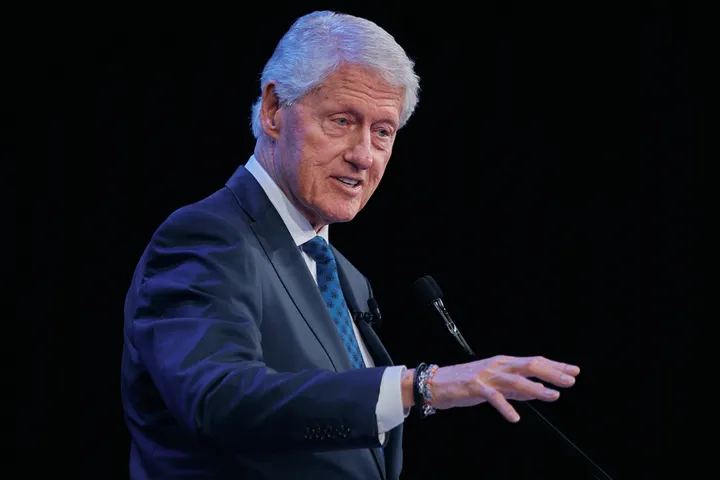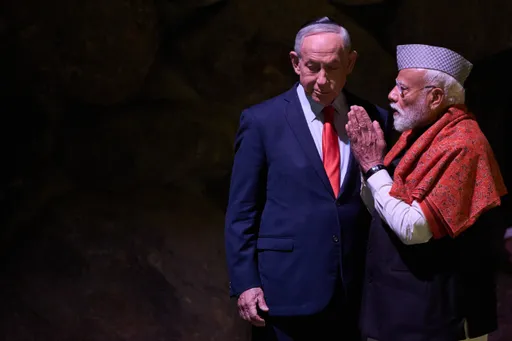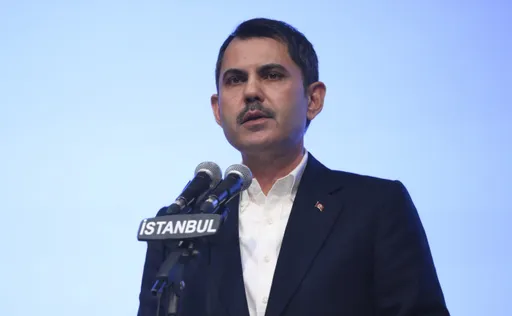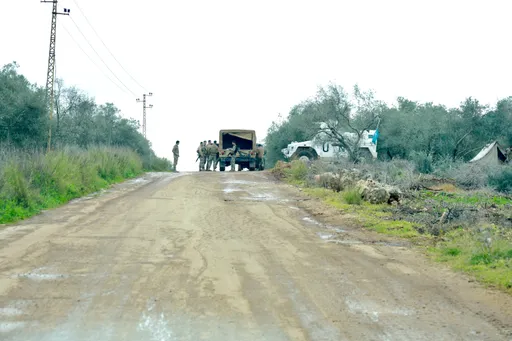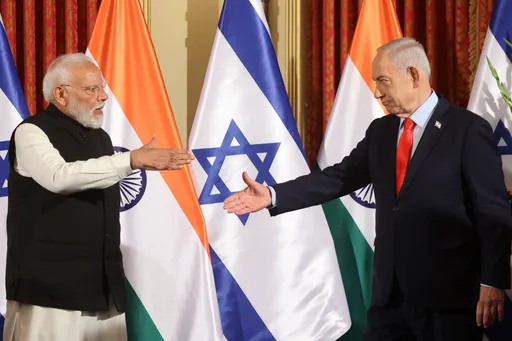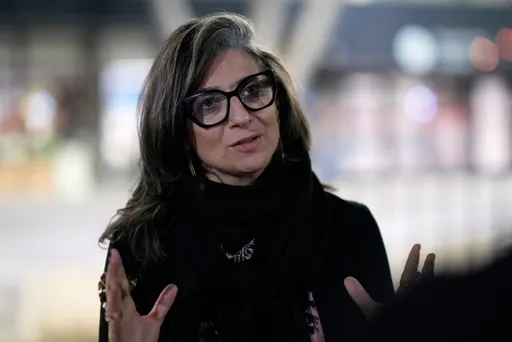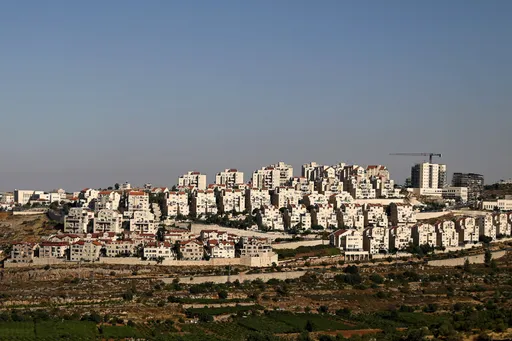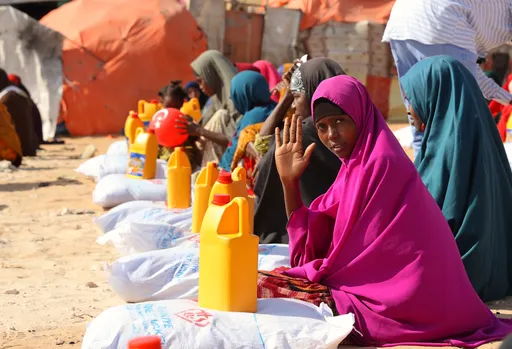Russian authorities have continued to block news outlets and to arrest protesters in an effort to tighten control over what information the domestic audience sees about the invasion of Ukraine.
Several prominent online outlets were blocked on Sunday, on top of dozens of others that were blocked last week.
Others decided to halt operation in Russia because of new repressive laws or refused to cover the invasion at all because of the pressure. Thousands of protesters have been detained all across Russia.
Most recently, BBC World News has been taken off air in Russia, the broadcaster has said.
The new additions to the list of blocked media also included Mediazona, a news site that covers Russia's police and justice system and has been an indispensable source of information about political arrests and high-profile court cases; the 7x7 site covering regional news; the Troitsky Variant popular science newspaper that has published an open letter decrying the invasion; and two regional news sites that also spoke out against the attack.
READ MORE: Is Russia losing the information war in Ukraine?
EU bans Russian media
Russia's move to ban foreign media outlets is largely a reciprocal measure against Western states that have been sought to stifle Russian media outlets.
Last week, Russian outlets such as RT and Sputnik were banned in the European Union with immediate effect for what EU politicians called systematic disinformation over Russia's invasion of Ukraine.
The sanction means EU operators will be prohibited from broadcasting, facilitating or otherwise contributing to the dissemination of any RT and Sputnik content.
Broadcasting licences or authorisation, transmission and distribution arrangements between the two companies and their EU counterparts will also be suspended.
The ban applies to RT's English unit and operations in Britain, Germany, France and Spain.
READ MORE:Facebook, Instagram globally censoring posts from Russian state media
'Fake' news
US state funded broadcaster Radio Free Europe/Radio Liberty also announced on Sunday it was suspending its operation in Russia after it said the country intensified pressure on its journalists and tax authorities initiated bankruptcy proceedings against it.
RFE/RL, which has been physically present in Russia since 1991, was planning to continue reporting on Russia and its war in Ukraine from abroad.
“We will continue to expand our reporting for Russian audiences and will use every platform possible to reach them at a time when they need our journalism more than ever,” chief executive Jamie Fly said.
Russian President Vladimir Putin on Friday signed into law a bill that criminalises the intentional spreading of what Moscow deems to be “fake” reports. Those convicted of the offence would face up 15 years in prison.
Russian authorities have repeatedly decried reports of Russian military setbacks or civilian deaths in Ukraine as “fake” news, as well as reports calling the offensive a war or an invasion.
State media outlets and government officials refer to Russia’s invasion of Ukraine as a “special military operation” and insist the Russian forces only target military facilities.
On Sunday, protests spanned from Siberia to St. Petersburg, with dozens of Russians taking to the streets in different cities.
According to OVD-Info, a rights group that tracks political arrests, a total of 2,575 people were detained in 43 Russian cities on Sunday, part of nearly 10,000 people detained since February 24.
READ MORE:From Apple to Shell – here are all the big companies pulling out of Russia

